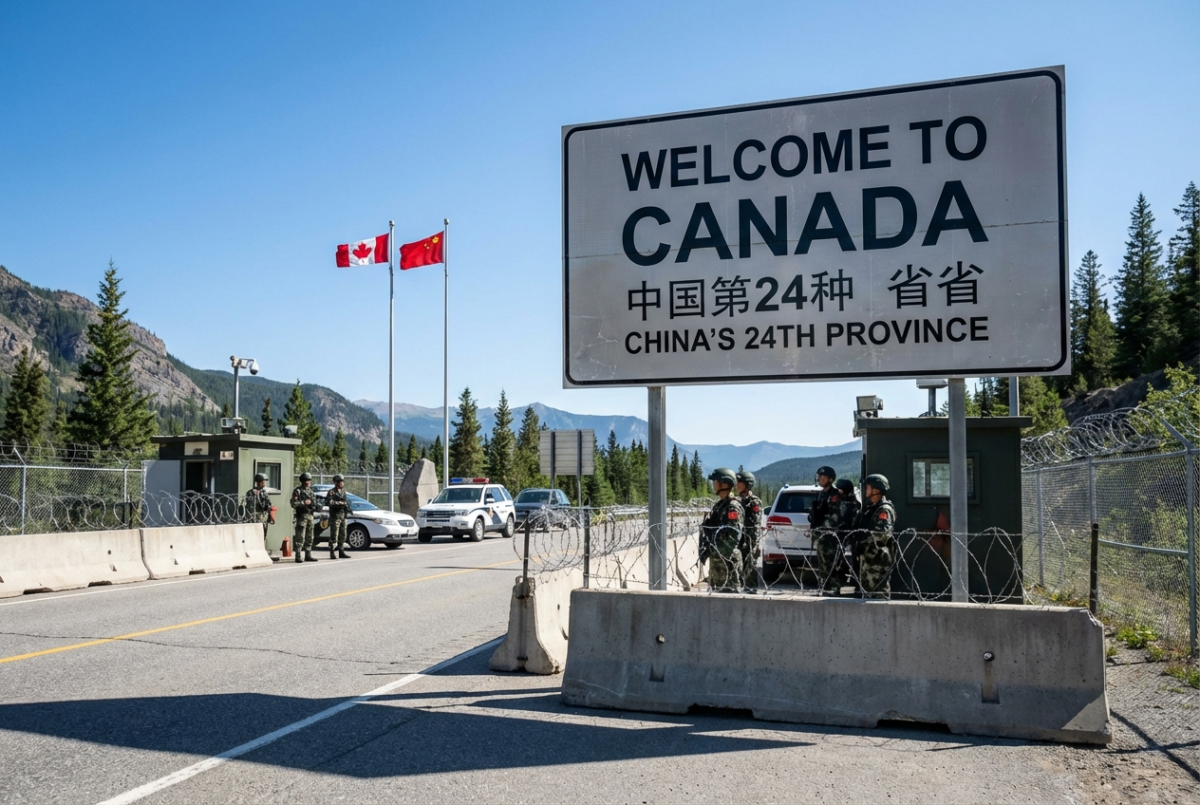Ontario’s Top Court Rules Protest Ban During COVID-19 Unconstitutional
By TheCanadianIndependent.substack.com
In a landmark decision, the Ontario Court of Appeal has ruled that the province’s strict COVID-19 gathering restrictions, imposed in the spring of 2021, unjustifiably violated the Canadian Charter of Rights and Freedoms.
The unanimous decision in Hillier v. Ontario overturned a lower court ruling and declared that the absolute ban on outdoor peaceful assemblies was unconstitutional, marking a significant victory for former MPP Randy Hillier and advocates of civil liberties.
The case stems from Ontario’s response to the third wave of the COVID-19 pandemic in early 2021, when the provincial government prohibited all outdoor organized public events and social gatherings, with limited exceptions for weddings, funerals, and religious services capped at ten people. A concurrent stay-at-home order further restricted residents from leaving home except for essential purposes, explicitly excluding political protests.
Don’t lose touch with uncensored news! Join our mailing list today.
Randy Hillier, then an independent Member of Provincial Parliament for Lanark-Frontenac-Kingston, defied these restrictions by attending and organizing outdoor protests across Ontario. Charged under the Reopening Ontario Act as a host or organizer, Hillier faced several charges and thousands of dollars in fines.
Hillier launched a constitutional challenge in the Ontario Superior Court, arguing that the gathering restrictions infringed his right to peaceful assembly under section 2(c) of the Charter and could not be justified under section 1, which allows reasonable limits on rights in a free and democratic society.
In November 2023, Superior Court Justice John Callaghan dismissed Hillier’s application. While acknowledging that the restrictions limited his section 2(c) rights, Justice Callaghan ruled they were justified under section 1, citing the dire public health crisis and precedent from the Ontario Court of Appeal’s decision in Ontario v. Trinity Bible Chapel (2023). That case upheld limits on religious gatherings as a proportionate response to the pandemic. Hillier appealed, arguing that the absolute ban on peaceful assemblies distinguished his case from Trinity Bible Chapel and warranted closer scrutiny.
Writing for a three-judge panel, Justice Peter Lauwers allowed Hillier’s appeal, finding that the gathering restrictions in 2021 failed the Oakes test for justifying Charter limits. The court agreed with Ontario that the goal of reducing COVID-19 transmission was pressing and substantial and that the restrictions were rationally connected to that objective. However, it diverged sharply on the issues of minimal impairment and proportionality.
“This case is materially different from Ontario (Attorney General) v. Trinity Bible Chapel,” Justice Lauwers wrote, distinguishing the ruling from a 2023 decision that upheld numerical limits on religious gatherings. He emphasized that the lack of evidence showing Ontario weighed the impact on peaceful assembly rights, combined with the absolute nature of the ban, rendered the restrictions unconstitutional. The court highlighted that outdoor political protests, such as those led by Hillier to express dissent against COVID-19 measures, are a vital democratic exercise, and their suppression without justification undermined Charter protections.
On minimal impairment, the court found that less restrictive alternatives, such as allowing small, distanced outdoor protests, were not adequately explored. “A total ban on the exercise of a fundamental freedom cannot readily meet the second step of the proportionality assessment,” Justice Lauwers stated, citing Supreme Court precedent against blanket prohibitions.
The proportionality analysis further tipped the scales. While recognizing the public health benefits of reducing viral spread, the court highlighted the absence of evidence quantifying the specific risk posed by outdoor protests or the incremental benefit of banning them over permitting limited gatherings. “There is no evidence that Ontario ever considered an exemption for peaceful assembly,” Justice Lauwers noted, calling this omission “entirely contrary to the purpose of the Charter.”
The deleterious effects of silencing political dissent during a crisis outweighed the unproven benefits, rendering the ban unjustified.
The court has ordered that the parties provide written submissions on the remedy within ten days of the release of the decision.
Originally published at TheCanadianIndependent.substack.com











